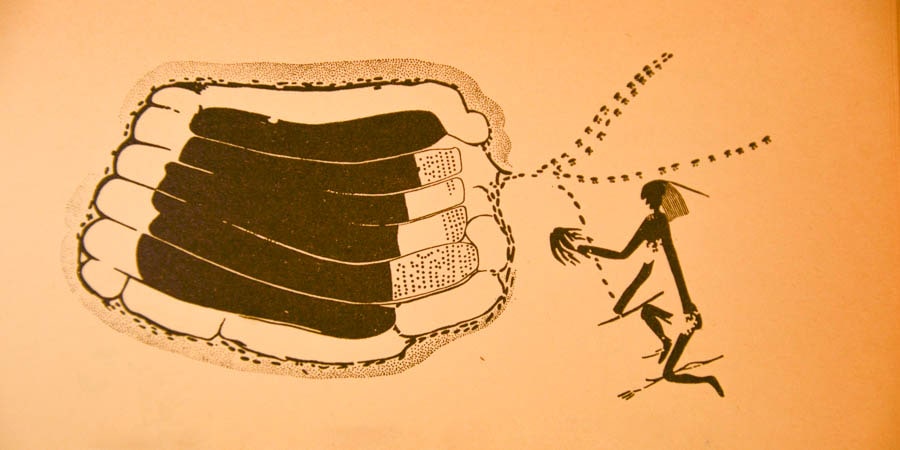A Brief History of Honey
Bees and Honey have been around for a long time!
| for 150-100 million years | Flowering plants have existed and produced nectar and pollen |
| for 50-25 million years | Solidary bees have existed, also early primates (monkeys) |
| for 20-10 million years | Social bees have produced and stored honey |
| for a few million years | Man has existed and has eaten honey |
| for ten thousand years | Records have survived of man’s exploitation of honey |
Honeybee colonies nested in hollow trees, in rock crevices, and holes in the ground and collected and stored pollen, collected nectar, and made and stored honey. Honeybees could survive in any region where plants provided sufficient food to last the colonies through the next dearth period.
-
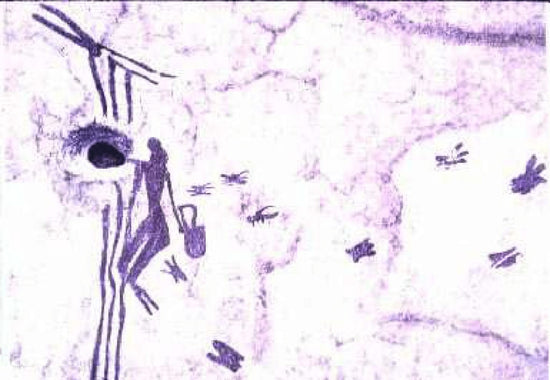
Prehistoric Times
Prehistoric man gathering honey, a rock painting near Valencia, Spain from 6000 BCPrimeval humans gathered honey and honeycomb from wild bees used as a sweetener. Often climbing the side of cliffs and enduring stings to get the prized sweet reward.
Rock paintings from several regions around the globe provide early records of human’s collecting honey.
For millennia, honey has been appreciated for its delicious sweet flavour and medicinal properties across cultures and around the globe. In both ancient and modern times, Buddhist, Christian, Hindu and Moslem cultures have revered the honeybee.
-
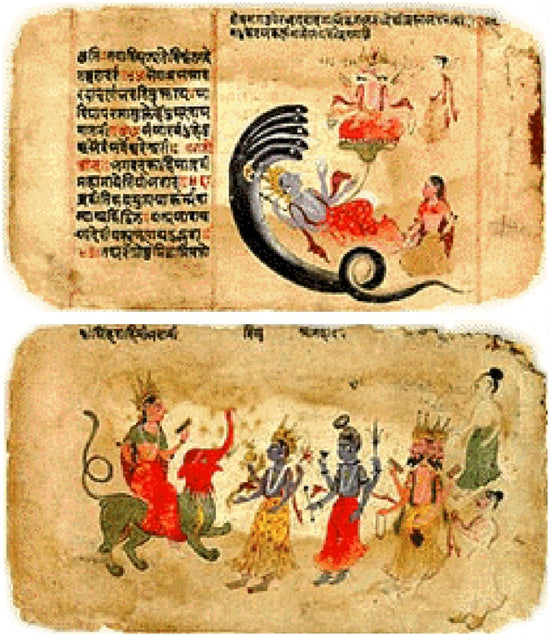
Ancient India
The VedasIn ancient India 2000-3000 BC, honey is mentioned several times in holy books, the Vedas
-
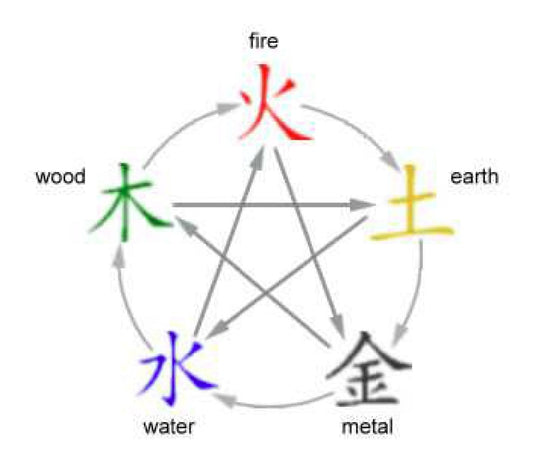
Ancient China
The five elementsChina has a continuous tradition of apiculture that stretches back over three thousand years. In Ancient China, a honey medicine was mentioned in the “52 Prescription book” in the 3rd century BC. According to Chinese medicine honey acts according to the principles of the Earth element, acting mainly on the stomach and on the spleen and has Yang character, acting on the Triple Heater Meridian (Shaoyang).
-
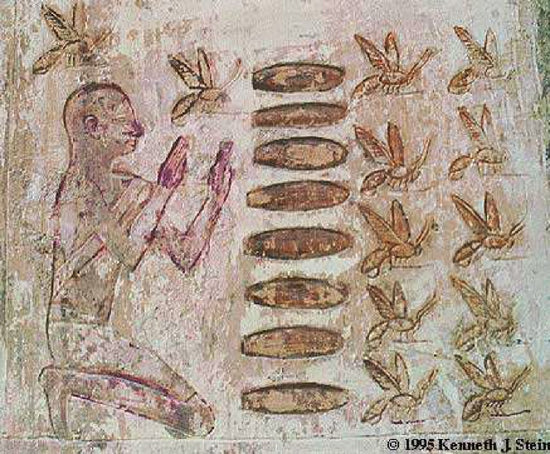
Ancient Egypt
Pabasa tombs, 26 e Dynasty, 760-656 BCIn Ancient Egypt honey was an important sweetener and was depicted in many wall drawings. According to the Ebers papyrus (1550 BC) it is included in 147 prescriptions in external applications. Also according to the Smith papyrus (1700 BC) it was used in wound healing: “Thou shouldst bind [the wound] with fresh meat the first day [and] treat afterwards with grease, honey [and] lint every day until he recovers.”
-
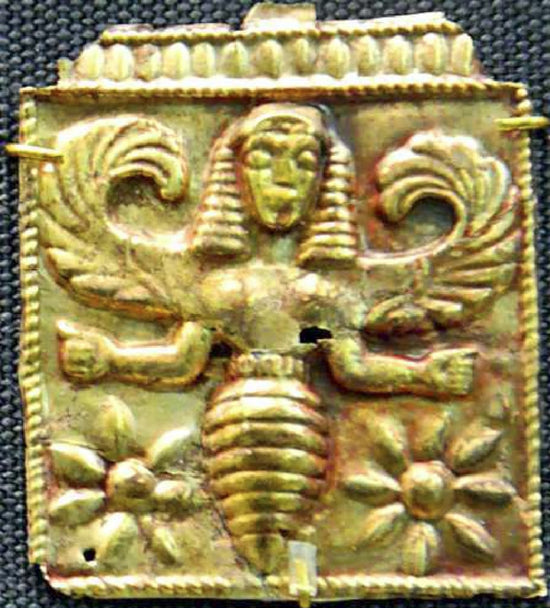
Ancient Greece
The bee goddess ArtemisIn Ancient Greece, the honey bee, a sacred symbol of Artemis, was an important design on Ephesian coins for almost 6 centuries. Aristoteles described for the first time the production of honey. Hippocrates speaks about the healing virtues of honey: “cleans sores and ulcers, softens hard ulcers of the lips, heals cabuncles and running sores”. After his death in 323 B.C., Alexander the Great was embalmed in a coffin filled with honey.
-
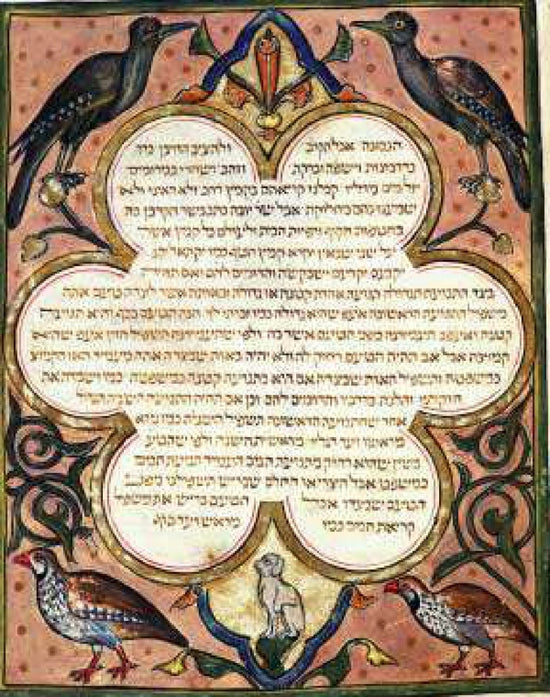
The Bible
Old Hebrew bible textIn the Bible, the land where honey and milk flow, honey was very important and has been mentioned 54 times in the Old Testament. The most famous is the saying of the wise King Solomon “Eat thou honey because it is good”. In the New Testament it plays a role in the resurrection of Christ. The first food he was given was fish and honeycomb.
-
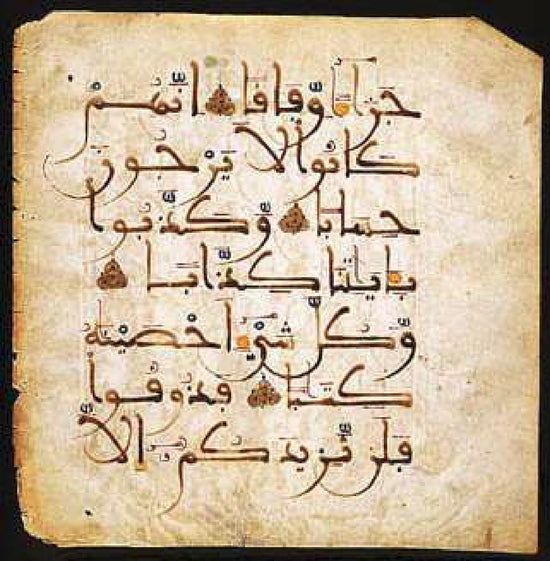
The Koran
Old Koran scriptThe Koran recommended honey as a wholesome food and excellent medicine. In the XVIth Chapter of the Koran, entitled The Bee, we find: “There proceedeth from their bellies a liquor of various colour, wherein is medicine for men.” Mohammed pronounced: “Honey is a remedy for all diseases.”
-
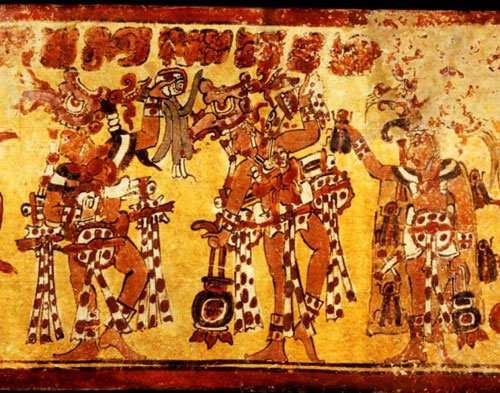
Central and South America
Mayan Bee GodIn Central and South America honey from stingless bees was used for ages, long before Columbus. Honey of the native stingless bees was regarded as a gift of the Gods, it was also a sign of fertility and was given as an offering to the gods.
Learn more about Honey
-
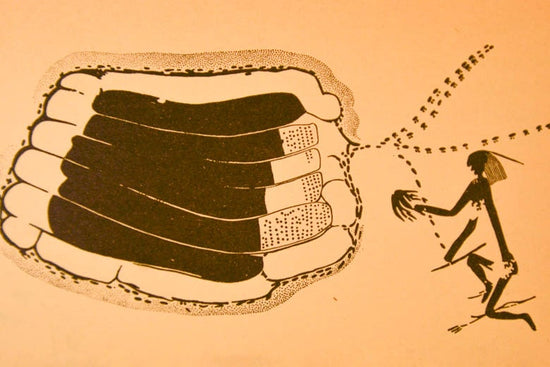
History of Honey
- History of honey in human civilizations
-
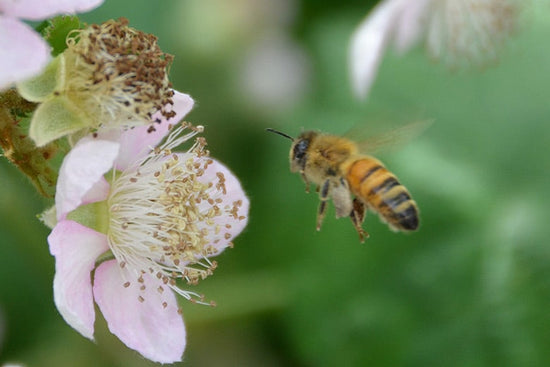
How Bees Make Honey
-Why Bees make honey . . . and How they do it
-
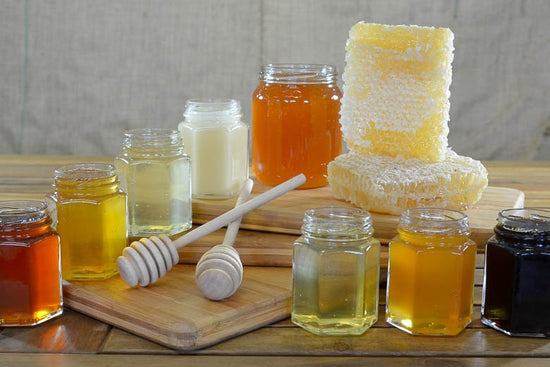
Honey in Detail
- What is honey . . . from honey varietals to forms of honey, composition, nutritional value, properties and crystallization
-
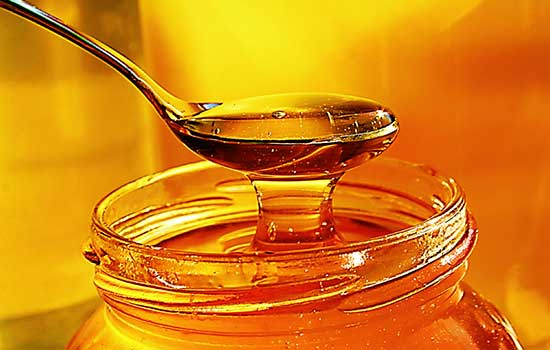
Benefits of Honey
- From helping digestion . . . to hay fever symptom relief, and more
-
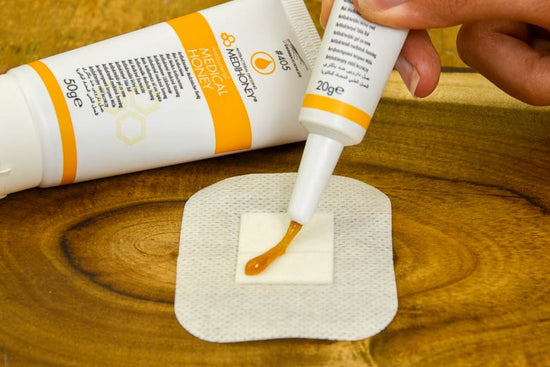
Honey for Wound Care
- Honey used in wound care throughout the ages . . . is making a strong comeback with research to back it up
-
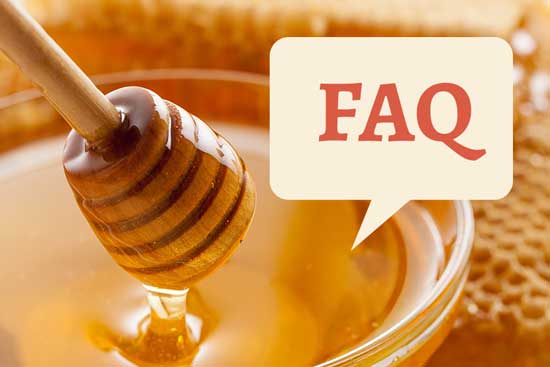
Honey FAQs
- Honey FAQs . . . from Storing Honey . . . to when is it safe to feed honey to infants
“Honey . . . A Functional Food with a wide variety of positive health effects”

